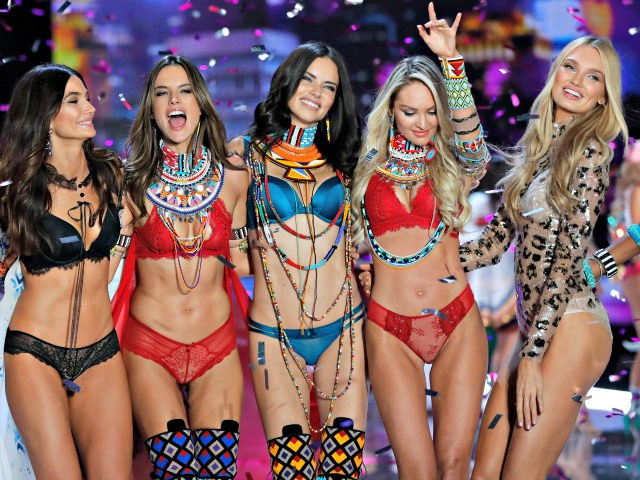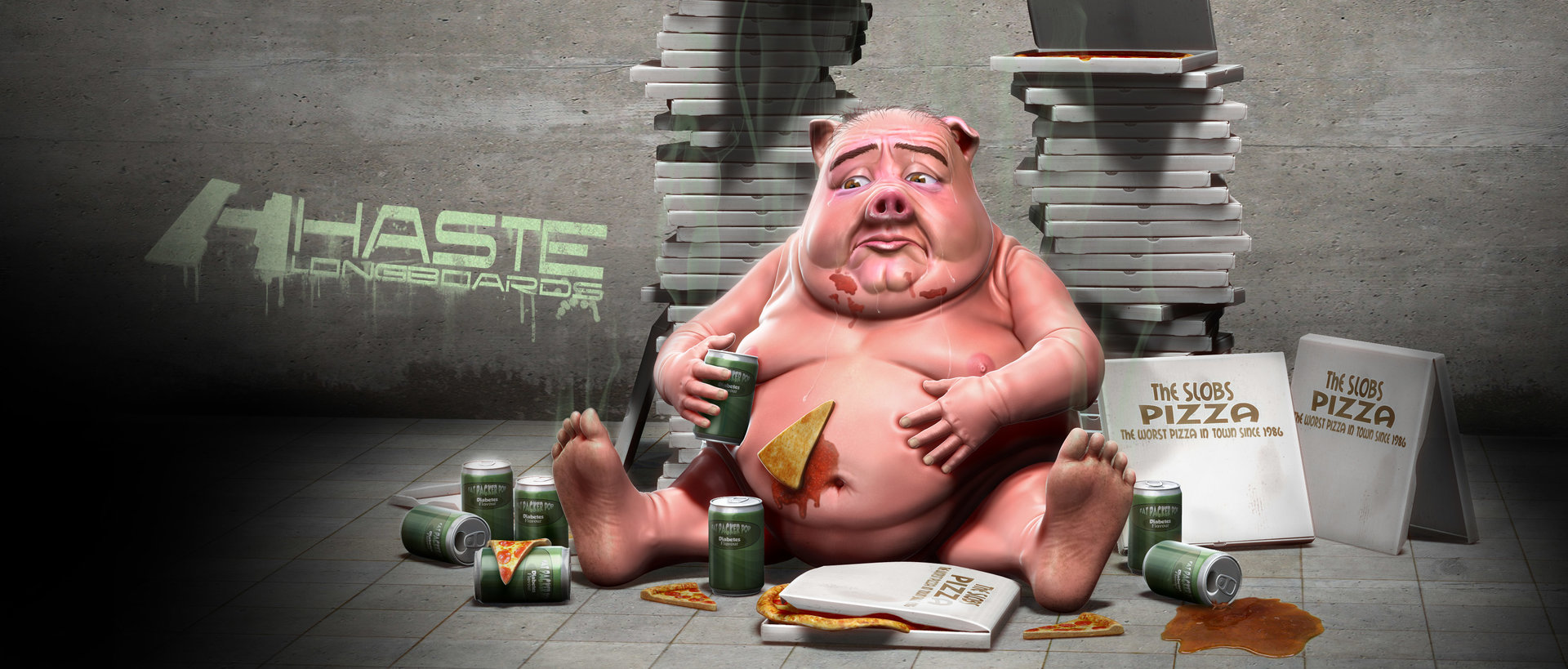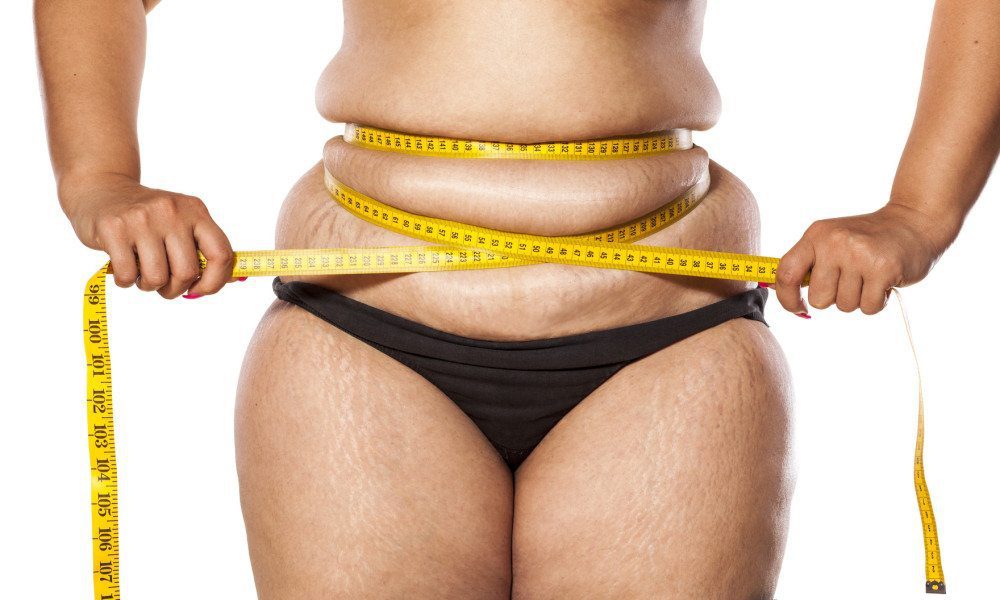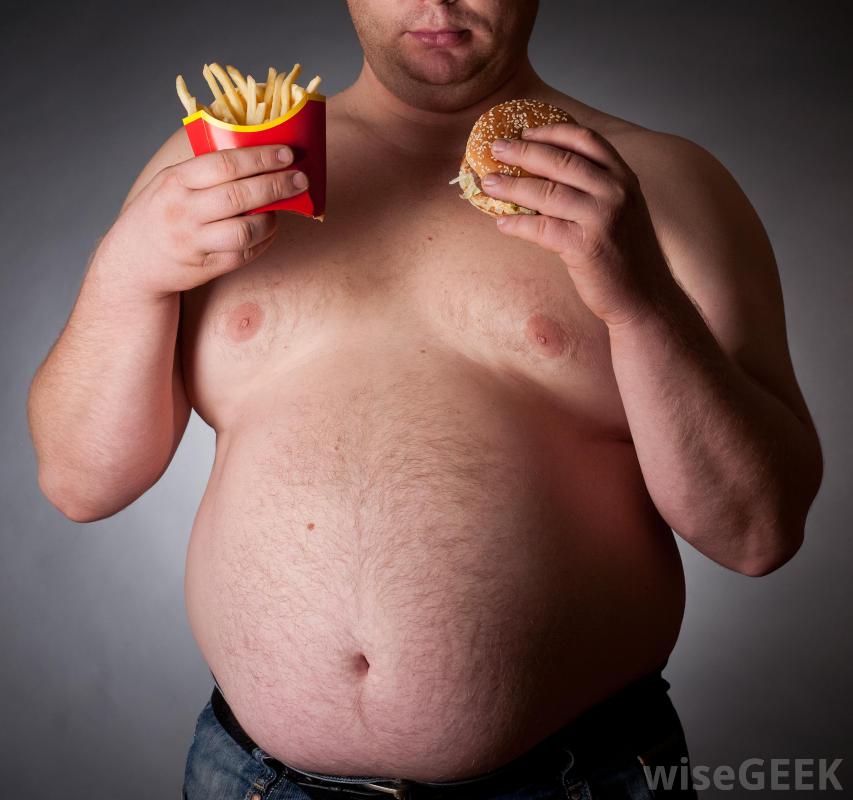Ever since I was a kid, I’ve been hearing about the obesity epidemic in the United States. Every year, it seemed, the trends were getting worse. More and more people were becoming obese. As a result, many of those same people faced serious health issues. Those issues, in turn, put strain on families, health care systems, and numerous aspects of society.
It’s not unreasonable to call increasing rates of obesity a problem.
But calling it an epidemic? That may or may not be appropriate. The language often used to talk about obesity, and body image in general, is not very healthy. But the language used to talk about body positivity isn’t always health, either. Beauty might be in the eye of the beholder, but overall health is something that’s tangible and measurable. And by most measures, being obese is not good for your health.
Over the years, there have been plenty of efforts to raise awareness about obesity. There have been just as many efforts to encourage people to make healthier choices, either by eating healthy foods or exercising regularly. But the fact that obesity rates continued to increase year after year made clear that these efforts weren’t having much impact.
The reasons for that are many. But as someone who did not exercise or eat healthy for a good chunk of my adult life, I can attest that the primary reason is that it’s just hard. Eating right in a country where cheap, delicious, unhealthy fast food is available at every corner takes more than just will-power. Exercising regularly while being able to afford basic living costs can be fraught with challenges.
I was able to change my diet and my exercise habits to improve my overall health, but I was fortunate. My circumstances provided me the opportunities, the time, and the energy to pursue a healthier lifestyle. A lot of people don’t have that luxury. For them, obesity is almost impossible to avoid.
But recently, things might be changing in a profound way. According to new data from the US National Health and Nutrition Examination, the obesity rate actually began to fall between 2020 and 2023. It’s the first time in my life that the rate has actually declined.
That, in and of itself, is remarkable. Obesity in America seemed like one of those things that would never decline, if only because unhealthy food will never stop being so delicious. But this data suggests that there is a limit to obesity within a population. It also has implications that may hint at new variables that we’ve never dealt with before.
That same data made clear that this decline was not directly linked to the rise of new weight-loss drugs like Wegovy and Ozempic, but it’s not unreasonable to assume they had some influence. These drugs are unique in that they don’t change the effects food has on our bodies. They simply change how your body processes food while also affecting your cravings for it.
I can attest that one of the hardest things I had to do when getting into shape was changing my diet. I had gotten so used to eating junk that if I went too long without it, I would crave and binge eat. But these new drugs effectively mute that response. That makes it a lot easier to eat less while ensuring what you do eat doesn’t trigger the mechanisms that lead to weight gain.
These drugs aren’t miracle drugs by any means. They just make eating less and managing your diet a lot easier. And that might very well be the most important ramification of this data.
For years, there has been a tendency for people to seek any alternative to diet and exercise when it comes to losing weight. I’ve seen many diet fads and fitness gimmicks that claim they’ll help you lose weight without relying entirely on changing certain habits. None of them succeeded in the long run. That’s why they’re fads and not medical remedies.
And most of the time, they failed for the same reason. People wanted a “magic pill” to make weight loss and fitness easier. Companies and fraudsters were always eager to oblige, even if it meant providing false promises and unsubstantiated claims. But at the end of the day, people still needed to burn off these calories and change what they put in. Anything that avoided that was doomed to fail, plain and simple.
Now, there are drugs that get to the actual root of obesity, namely our desire to overeat. That approach is very different from any fad or gimmick. And the massive, multi-billion-dollar success of Ozempic has officially set a precedent while creating a new market.
But how far will this effort go?
If we can make drugs that reduces peoples’ desire to eat, why not make drugs that will reduce other desires?
What does that mean for people with addiction?
What does that mean for people with behavioral disorders?
What does that mean for mental health, body image, or even sexuality?
It’s hard to say at this point. But I’ve seen enough health fads and exercise gimmicks to surmise what happens when something actually works. If a company finds a winning drug that makes hard efforts easier, then they will try to build on that success. They’ll try to make new drugs that utilize similar mechanisms. We saw it with erectile dysfunction medications. Now, we might see it this new crop of drugs.
They won’t just affect our bodies.
They’ll affect our desires, as well.
How will we manage this? Will the good outweigh the bad?
Only time will tell. But if the obesity epidemic is finally in decline, then that means we’ll have to answer these questions sooner rather than later.




















